According to records at gardens in Ben Tre , Tien Giang - the largest jackfruit growing area in the country - grade 1 (8-12 kg per fruit) is currently priced at 10,000 VND per kg, while grades 2 and 3 (under 8 kg) are only 4,000 to 6,000 VND per kg.
Mr. Hung, a farmer who owns 40 Thai jackfruit trees in Tien Giang , said he had just sold 3 tons for 5,000-8,000 VND per kilogram, lower than the production cost. "If jackfruit prices remain low for a long time, my family will suffer heavy losses this year," he said.
According to Mr. Hung, the cost of producing one kilogram of jackfruit currently ranges from 9,000 to 12,000 VND, due to the high cost of fertilizer and labor. Not only that, traders are also increasingly strict when choosing goods. They only choose beautiful, round, and full-weight fruits to buy at good prices for export, the rest are classified as low-grade and sold cheaply to the domestic market.
Wholesalers on online and traditional markets also sell jackfruit for about 6,000 VND per kilogram. Meanwhile, retail prices at traditional markets range from 14,000 to 20,000 VND per kilogram, depending on the type.

Similarly, the price of red-fleshed jackfruit has also dropped sharply. Type 1 is sold for around 24,000 VND per kilogram; type 2 is 14,000 VND and type 3 is only 5,000 VND - the lowest price ever.
According to Mr. Dinh Sang, a trader specializing in buying jackfruit in the West, this price drop is due to many factors: supply is at its peak season, while output is facing difficulties. Jackfruit exports to China are erratic, while the domestic market is facing fierce competition from many types of fruits in season such as watermelon, lychee, mango, mangosteen...
Currently, the Mekong Delta has more than 30,000 hectares of Thai jackfruit, of which Tien Giang alone accounts for more than half with 15,800 hectares, with an output of 332,000 tons. However, jackfruit exports are on a downward trend. In the first quarter of this year, jackfruit export turnover reached more than 70 million USD, down 13% compared to the same period last year. China is still the largest market, but increasingly tightens standards on pesticide residues and banned substances, making output unstable.
Source: https://baoquangninh.vn/gia-mit-thai-giam-manh-xuong-4-000-dong-mot-kg-3358181.html



![[Photo] Hungarian President begins official visit to Vietnam](https://vphoto.vietnam.vn/thumb/1200x675/vietnam/resource/IMAGE/2025/5/27/ab75a654c6934572a4f1a566ac63ce82)

![[Photo] Hungarian President and his wife take a walk and enjoy the view of Hoan Kiem Lake](https://vphoto.vietnam.vn/thumb/1200x675/vietnam/resource/IMAGE/2025/5/28/b9c83fbe6d5849a4805f986af8d33f39)

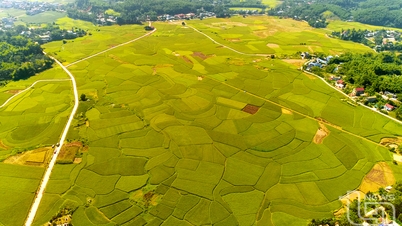

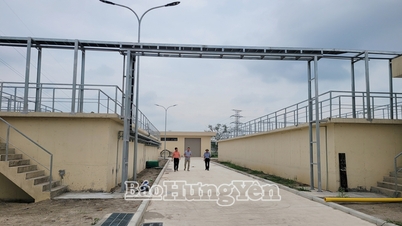


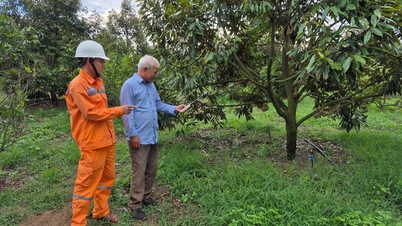

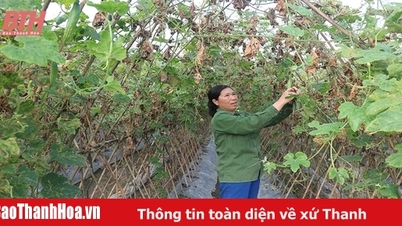

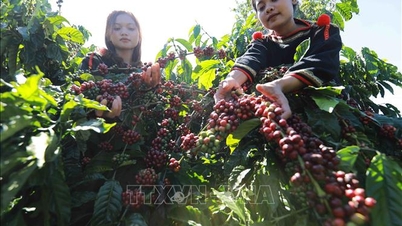







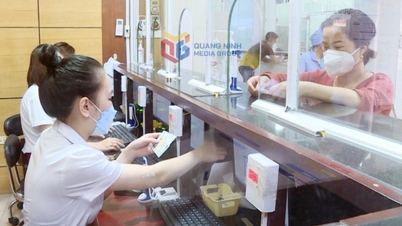



![[Photo] Vice President Vo Thi Anh Xuan, French President Emmanuel Macron and his wife visit Hanoi University of Science and Technology](https://vphoto.vietnam.vn/thumb/1200x675/vietnam/resource/IMAGE/2025/5/27/267b6f2bdf3e46439f081b49f6ec26b1)



















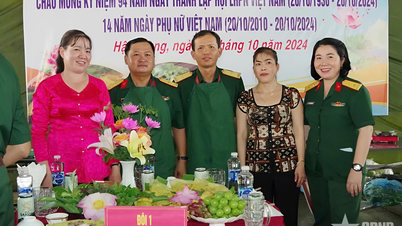














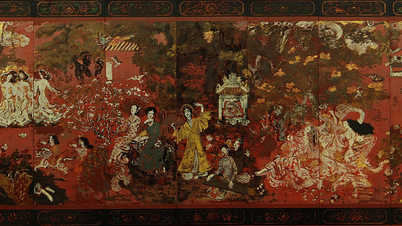






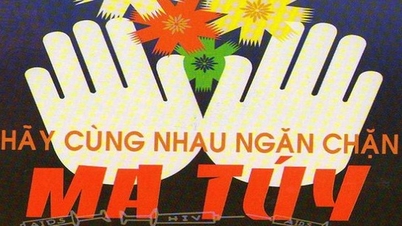












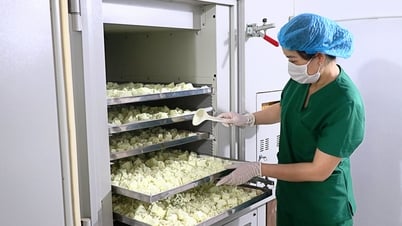

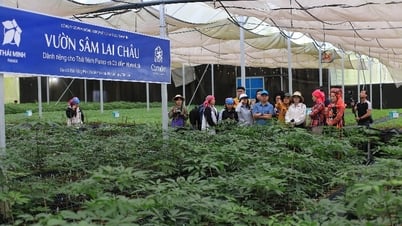

Comment (0)